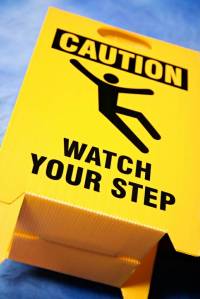“…how did two young women crash through windows of the Midtown W Hotel on Saturday, May 29th….One woman died, the other is severely injured…”
[youtube=http://www.youtube.com/watch?v=ipR_7kvir8o]
“…The windows go floor to ceiling and do not appear to be double paned windows. There is a barrier about 40 inches up from the floor…The City of Atlanta says no permits were issued for new windows and no permit inspection was done for window installation…”
Â
According to Fulton County property tax records, the building was constructed in 1974 and was taken over by Noble Investment Group from Starwood Hotels and Resorts. It then underwent a 50 million dollar renovation project in 2007.
The City of Atlanta says no permits were issued for new windows and no permit inspection was done for window installation. We’ve asked whether or not the existing windows would meet today’s safety standards. We are still waiting for a response.
“Just within an instant, they literally, flew out of the window,” Raymond Hamilton said as he describe how he watched the horrible scene early Saturday morning.
The fiancé of the woman who died has many questions. Even though he says he’s heard nothing from the Midtown W Hotel or its management he plans to continue to seek answers and so do we.
For more:Â http://www.11alive.com/news/article/192882/40/Tragic-fall-at-W-Hotel-raises-window-safety-concerns–









